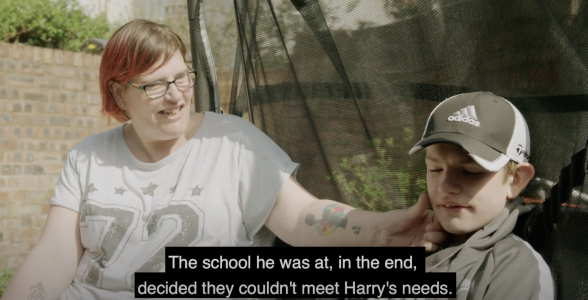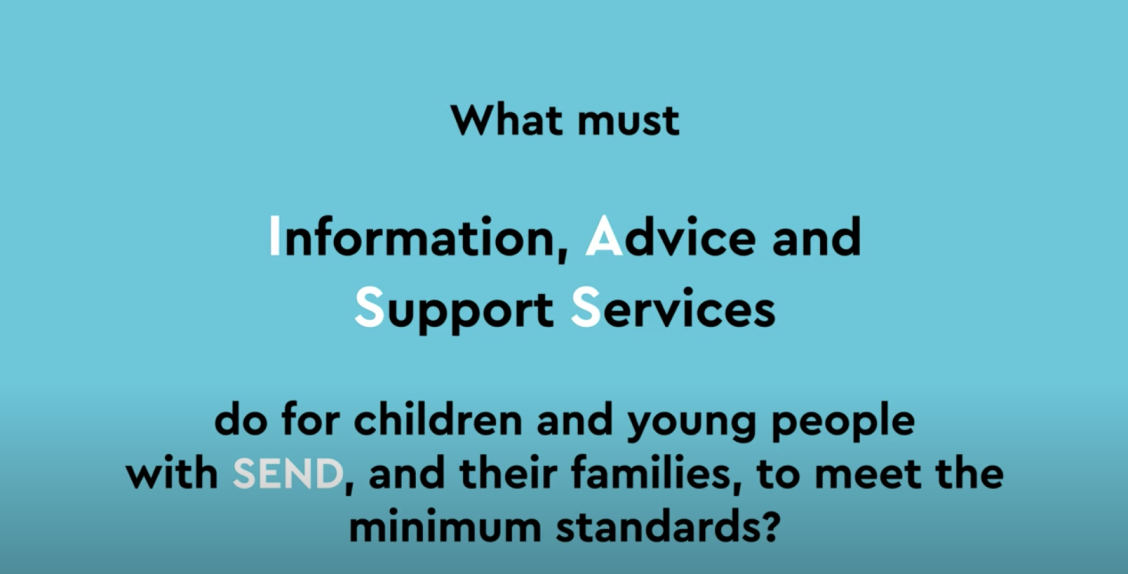How we can help
Email this pageWe offer free, confidential and impartial information, advice and support service on issues related to Special Educational Needs and Disability (SEND). This includes information and processes related to health and social care.
We offer information, advice and support to:
- Children and young people (up to 25 years) with SEND
- Parents and carers of children with SEND
- Practitioners (who might support children, young people or parents to access our service)
We are free, easy to access and confidential. We can help children, parents and young people take part in decisions that affect their lives.
We have a Steering Group which includes parents and representatives from local voluntary groups/parent led groups, schools, education, social care and health.
We can give you information on:
- The law on Special Educational Needs (SEN) and Disability, Health and Social Care where they link to education
- Local policy and practice
- Mediation and dispute resolution, Special Educational Needs and Disability Tribunal Service and complaints procedures
- The Local Offer
We can help by:
- listening to your concerns and explaining what options are available
- explaining how education settings can support children and young people with special educational needs/a disability
- giving you information about what the law is and what your choices are, to help you make your own decisions.
- supporting you where required at meetings and helping you to get your views across
- finding voluntary groups and other agencies that can also support you, with the help of the Essex Local Offer
- guiding you through the Education, Health and Care Needs assessment process
- supporting you in discussions with education settings and the local authority where a child or young person is at risk of exclusion or has been excluded
- advise you on processes for resolving disagreements, appeals processes and means of redress
- working in partnership with schools and the local authority to develop positive relationships
- consulting parents, children and young people and ensuring your views influence the development of local policy
- and practice for children and young people with special educational needs/a disability.
We will not be able to:
- Contact other people on your behalf without your prior consent
- Pass your information on to other organisations without your agreement
- Make decisions on your behalf
- Provide reports regarding your child
- Offer advice or support on financial issues e.g. relating to benefits or allowances
- Deliver emergency support or interventions for service users
- Complete paperwork on behalf of service users. We use our discretion on support around form completion based on the individual needs of the service user on a case-by-case basis.
- Complete forms or support service users to complete forms that address issues not related to SEND.
- Automatically check EHCPs for service users unless there is an access need on the part of the service user or it is necessary as part of a process that we are supporting with
- Spend a disproportionate amount of time re-addressing an enquiry that has already been addressed by another member of the IAS team.
- Act as an intermediary between the service user and other professionals unless we are supporting a service user with their own access arrangements (disabilities, learning difficulties, health needs).


